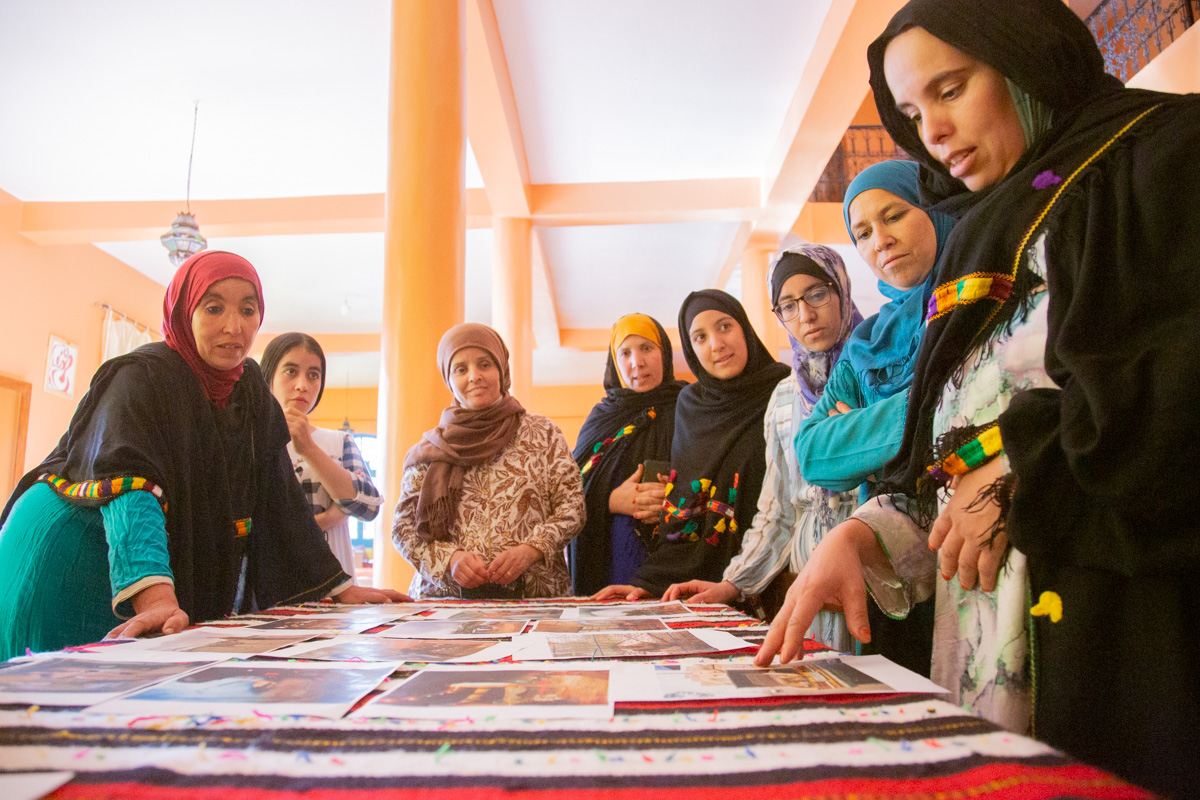Gender and Sport
Professor Hanya Pielichaty dedicates her teaching and scholarship to the areas of sport and gender, facilitating an inclusive approach to education. She is a National Teaching Fellow and a Principal Fellow of Advance HE. As Director of Student Inclusion with the Eleanor Glanville Institute, Professor Pielichaty ensures her passion for equity and diversity is embedded in student-centred activity and research.



